Latest Tutorials
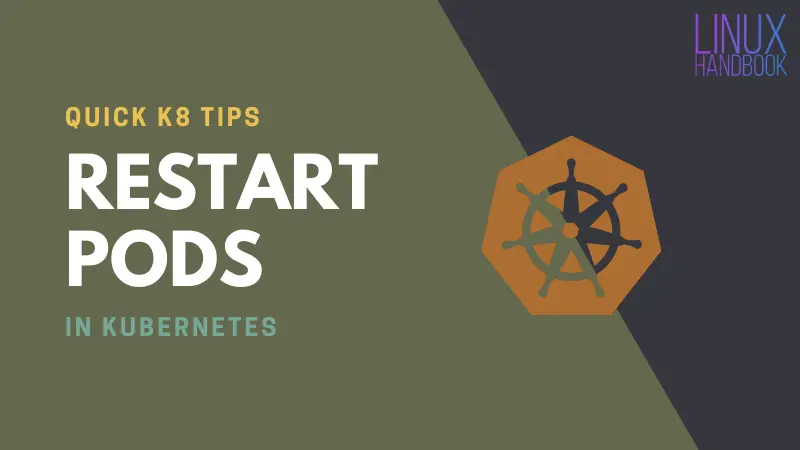
How to Restart Pods in Kubernetes [Quick K8s Tip]
There is no 'kubectl restart pod' command. Here's what you can do to restart pods in Kubernetes.
· Rakesh Jain
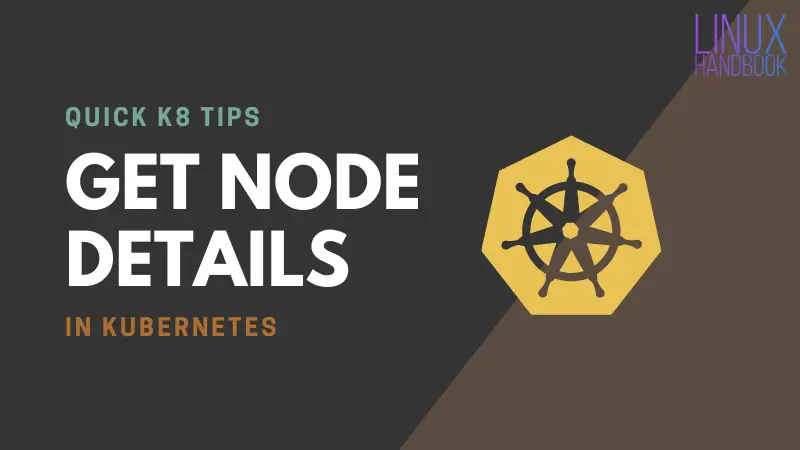
How to Read Nodes in Kubernetes [Quick K8s Tip]
Learn how to see the available nodes in Kubernetes and read the node details.
· Rakesh Jain
![How to Shutdown Ubuntu Server [Beginner's Tip]](/content/images/size/w1600/2020/10/shutdown-ubuntu-server-1.png)
How to Shutdown Ubuntu Server [Beginner's Tip]
Here are various ways you can shut down Ubuntu system from the terminal.
· Abhishek Prakash
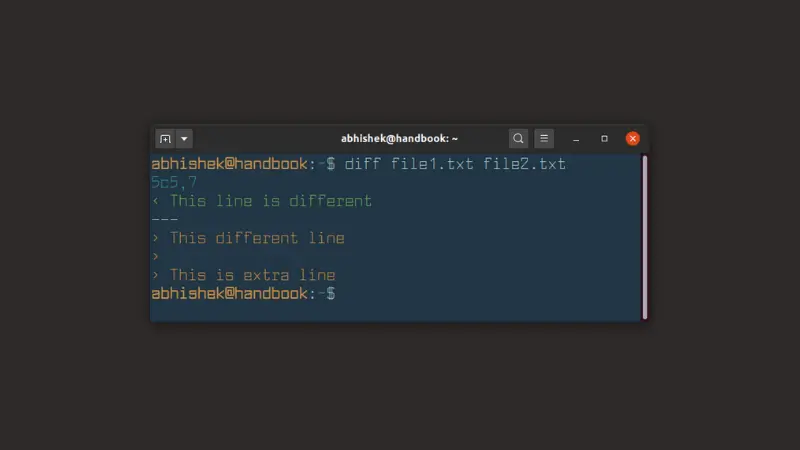
How to Colorize Diff Output for Better View
Get a better look at the diff output with the colored output. The colorized diff makes it easier to distinguish the changes.
· Abhishek Prakash
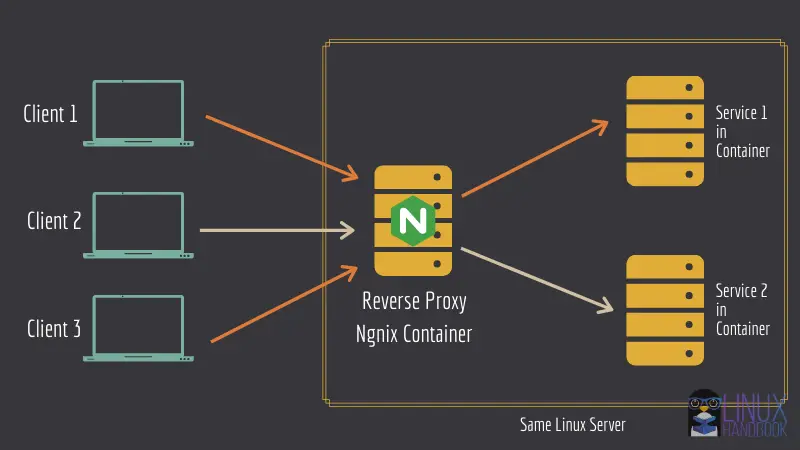
Using Docker to Set up Nginx Reverse Proxy With Auto SSL Generation
Learn how you can deploy multiple web services on the same server using Nginx reverse proxy and docker containers.
· Debdut Chakraborty

How to Install ifconfig on Debian
Seeing ifconfig command not found error in Debian? Here's how to install ifconfig command on Debian.
· Abhishek Prakash
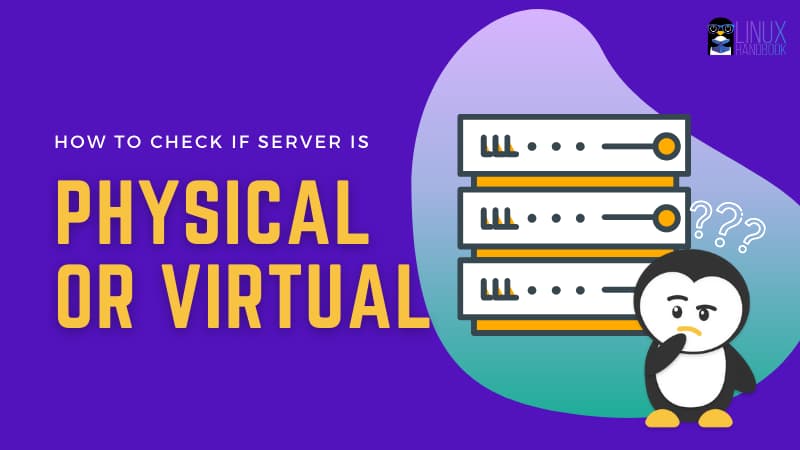
How to Check if Linux System is Running on Physical System or Virtual Machine?
Wondering if your Linux server is a virtual machine or a physical system? Here's how to check it.
· Abhishek Prakash
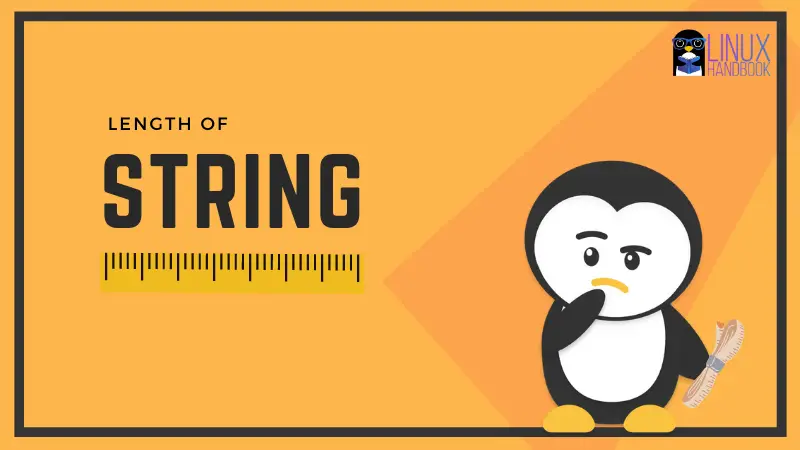
How to Find Length of String in Bash [Quick Tip]
Here are various ways to calculate the length of a string in bash scripts.
· Abhishek Prakash
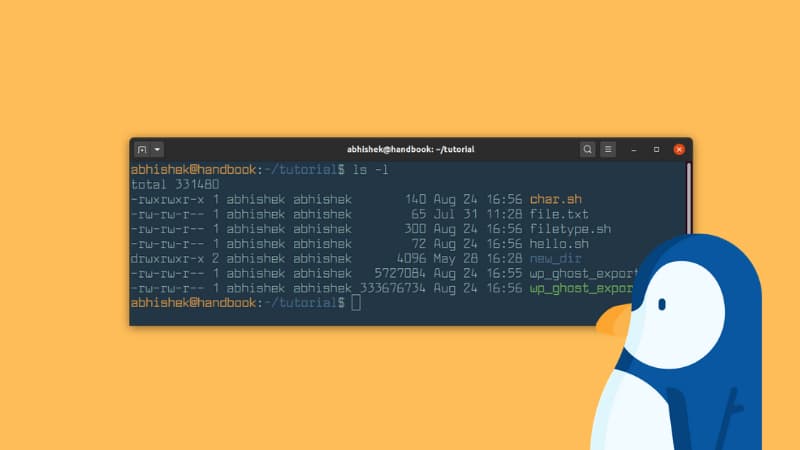
How to Display File Size in Human Readable Format (KB, MB, GB) in Linux Terminal
Quick tip to display file size in Linux using the ls command.
· Abhishek Prakash
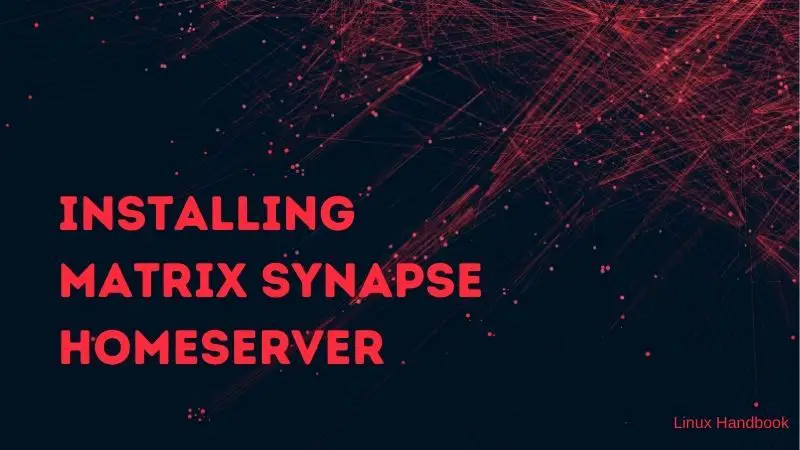
How to Install Matrix Synapse Homeserver Using Docker
This step-by-step tutorial will help you install your own Matrix homeserver for real-time communication with your friends, family or team members.
· Debdut Chakraborty
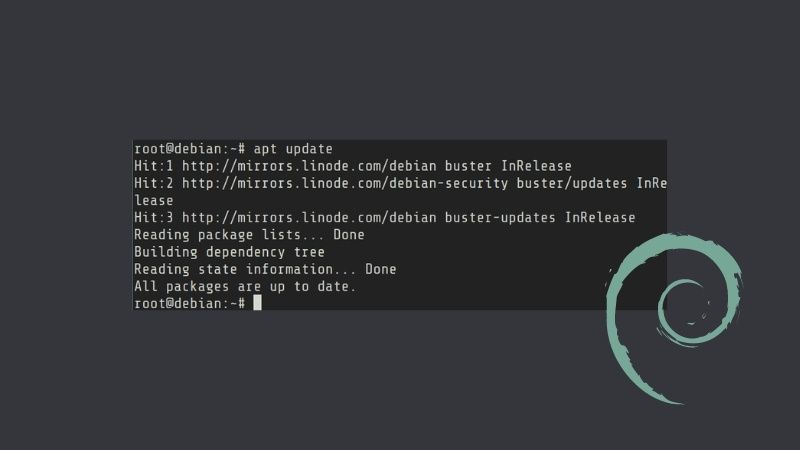
How to Update Debian Linux
Learn to update Debian Linux system in one single command. Yes, it's that easy and straightforward.
· Abhishek Prakash

How to Find Which Linux Version You Are Running
Logged in on a Linux system via SSH and wondering which Linux distribution is it? Here's how to check the Linux version.
· Abhishek Prakash
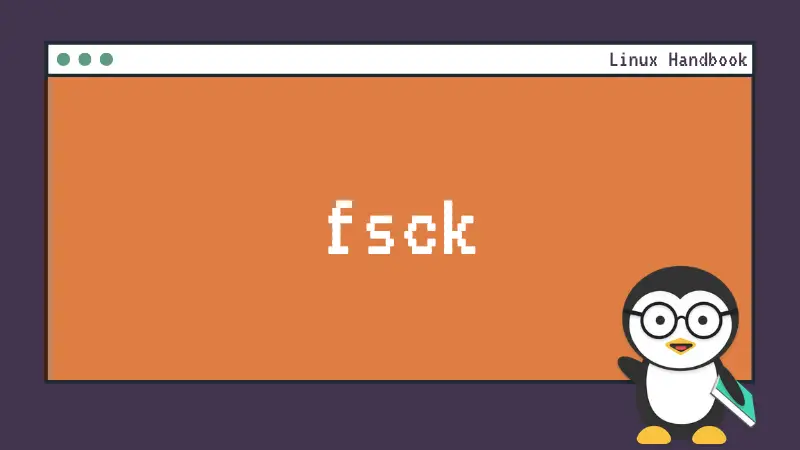
fsck Command Examples
Linux systems come with a command line utility fsck to check for file system errors. Learn how to use it.
· Christopher Murray

How to Display Specific Lines of a File in Linux Command Line
Here are several ways to display specific lines of a file in Linux command line.
· Abhishek Prakash
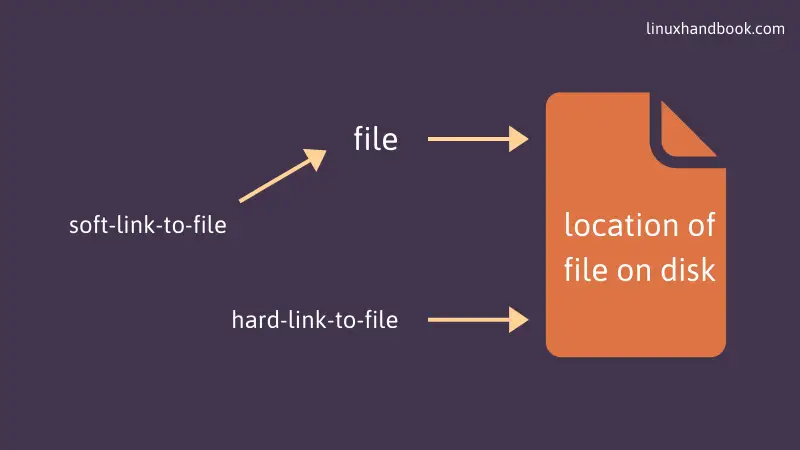
ln Command Examples
Links are one of the essential part of the Linux filesystem. Learn how to create links using ln command in this tutorial.
· Abhishek Prakash

How to Change the Default SSH Port in Linux [Properly and Safely]
Changing the default SSH port is one of the several ways to enhance SSH server security. Learn how to do it properly and safely.
· Abhishek Prakash

How to List Systemd Services in Linux
Check what systemd services run on your Linux system in this tutorial.
· Abhishek Prakash

Explained! The Difference Between grep, egrep, and fgrep Commands
grep, egrep, fgrep. They all sound similar. So, what's the difference?
· Christopher Murray

What is Grep Command in Linux? Why is it Used and How Does it Work?
Grep is perhaps one of the most used commands in Linux. Learn why it was created and how it s used in this explainer article.
· Christopher Murray

How to List Docker Containers
Learn how to see running containers, stopped containers or all the docker containers on your system.
· Abhishek Prakash

Beginner's Guide to Analyzing Logs in Linux With journalctl Command
Beginner's guide to using journalctl commands for viewing, filtering and analyzing journal logs in Linux.
· Abhishek Prakash

id Command Examples
Every user in Linux has a unique, numeric user ID and a default group with a unique numeric group ID. The id command prints this information.
· Abhishek Prakash
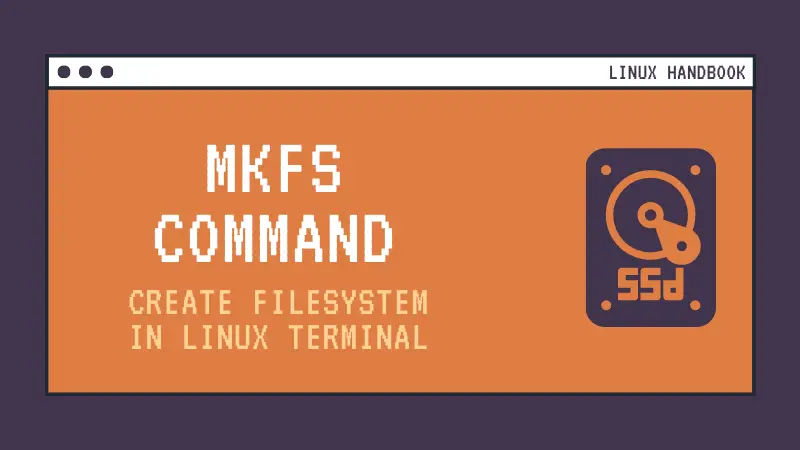
mkfs Command Examples
mkfs is the command line tool in Linux to format a disk or partition in a certain filesystem of your choice.
· Christopher Murray